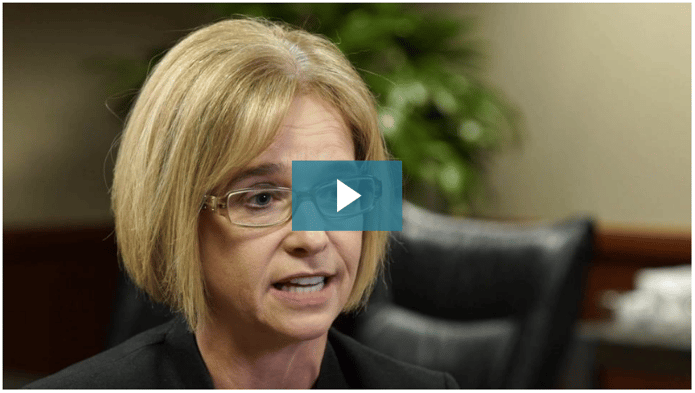As any healthcare professional knows, technology trends come and go over time. There is one ‘trend’, however, that has withstood the test of time across industries, verticals, and business segments. This, of course, is CRM. While the acronym CRM stands for ‘Customer Relationship Management’, in healthcare specifically this can be translated more into ‘Health Consumer Management’ or ‘Healthcare Relationship Management (HRM)’. More than ever before it is apparent that in order to truly survive in such an uncertain industry, healthcare executives must be prepared to make critical, data-backed decisions just as a leader in any other industry would do.
Healthcare leaders should remember, however, that not all CRMs are created equal. Unfortunately, generic ‘one-size-fits-all’ CRM solutions often can’t handle the unique data or information needs of healthcare organizations. Here are 5 reasons healthcare leaders should look to healthcare-specific CRM platforms to efficiently achieve business goals and thrive in the changing industry climate:
1. Increase Efficiency and Output
For many healthcare leaders, tedious processes take up a majority of the hours during the day, leaving little to no time available for the tasks that really matter. Healthcare-specific CRM allows executives, decision makers, and end users alike to decrease manual effort and eliminate delayed information through automated alerts, updates, and task notifications. With industry-specific CRM (healthcare, lab, or even post acute-specific), all team members are on the same page and in the loop regarding critical patient data, provider relationships, and payor status.
2. Directly Impact the Bottom Line
With healthcare-specific CRM, healthcare organizations are afforded a 360-degree, holistic view of all patient, provider, and operational activities. This insight into the day-to-day workings of a healthcare organization helps bridge the gap between healthcare-focused activities and business-minded outcomes. Organizations can leverage the data and insight available in a health-specific CRM platform to boost retention rates, increase new client wins, and maximize provider satisfaction.
Laboratory providers can even dig a level deeper into the data; identifying high-value and low-value tests and clients to maximize reimbursements and keep a finger on the pulse of reimbursement payouts. HRM opens the door to this insight and helps directly impact the bottom line.
3. Close New Deals Faster
With clear, holistic profiles of patient and provider accounts available at the click of a button (with minimal to no manual effort to compile), sales teams can quickly and efficiently progress deals through the pipeline and win more accounts. With HRM solutions, outreach and sales teams can now:
- Monitor the risk of critical accounts from any device for an up-to-date look at outreach efforts
- Give managers and executives a clear view into all pipeline deals and sales activities
- Decrease manual efforts, duplication, and delayed information
4. Stay a Step Ahead of Client Needs
Whether a service team deals directly with patients, with providers, or with ordering physicians, it's imperative that issues are dealt with quickly, efficiently, and with minimal impact on the affected party. With healthcare-specific CRM technology, all healthcare data (including LIS, HIS, Billing, etc.) is instantly combined into comprehensive profiles that allow service professionals to instantly assess the health or risk of individual client relationships and then personalize service accordingly. Service reps can easily identify the root cause of recurring issues and monitor cases to resolve problems faster.
5. Communicate Issues Quickly and Securely
One of the biggest benefits of a healthcare-specific technology platform is the true HIPAA compliancy of the technology. In an age when security breaches and leaks are everywhere, healthcare organizations cannot afford for critical personal information to be compromised by faulty or lacking software. Cloud-based Healthcare Relationship Management platforms make it easy to communicate with internal and external stakeholders without worrying about HIPAA regulations.
How is your healthcare organization using CRM today?
A truly robust healthcare CRM platform is a necessary tool in any healthcare organization's arsenal for success. How is your organization using CRM today? Let us know on Twitter @hc1_HRM today!
See how North Memorial Health Care, a leading health system out of Robbinsdale, MN, is using healthcare-specific CRM to directly impact their patients, providers, and employees:





